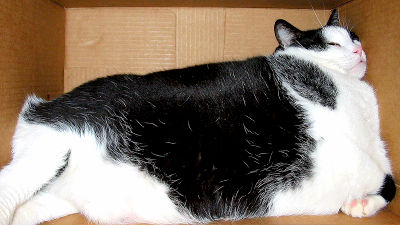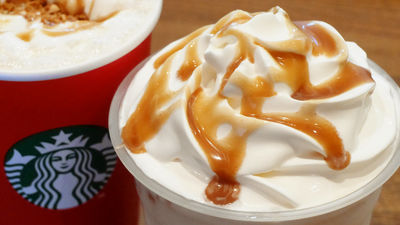Diet-related research results are hopelessly inaccurate because people don't remember what they eat

When conducting research such as 'Is coffee good for your health?' or 'People who eat this much chocolate a week are more likely to lose weight,' we often look for associations between people's eating habits and health conditions. However, a paper published in January 2025 showed how unreliable this approach to investigating people's eating habits can be.
Predictive equation helps estimate misreporting of energy intakes in dietary surveys | Nature Food
https://www.nature.com/articles/s43016-024-01090-y
People are bad at reporting what they eat. That's a problem for dietary research | Science | AAAS
https://www.science.org/content/article/people-are-bad-reporting-what-they-eat-s-problem-dietary-research

Nutrition and other studies typically involve participants keeping food diaries for the past 24 hours, week, or months, or answering questionnaires about their intake of certain foods. Biostatisticians have long warned that this approach is unreliable because people may misremember or be reluctant to admit that they ate certain foods. Some researchers have addressed the issue by proposing ways to mitigate the problem of inaccuracy in the survey results, such as excluding subjects who report intakes below the minimum required for human survival, but some researchers argue that it's time to stop surveys in dietary studies altogether. David Allison, a biostatistician at the Indiana University Bloomington School of Public Health, opposes relying on self-reporting of diet in research and policy, saying, 'This kind of data is so poor quality that it's not even worth using.'
R. James Stubbs and his colleagues from the Department of Psychology, School of Medicine and Health Sciences, University of Leeds, used technology to measure people's energy expenditure from datasets to devise an equation to evaluate the accuracy of responses in dietary surveys. Using this equation, they examined records from large, widely used nutrition survey databases such as the National Health and Nutrition Examination Survey and found that more than half were likely to be incorrect because 'people underreported the foods they consumed.' Stubbs and his colleagues' paper was published in the peer-reviewed journal Nature Food in January 2025.

'These findings call into question the thousands of studies that have used dietary data sets to link specific diets to human health,' Stubbs said. Gary Frost, a nutritionist at Imperial College London, said, 'If we're going to base food policy on this kind of data, it's clear that policy is fundamentally flawed in some way. We need to find new methodologies to understand what people are actually consuming.'
It has been pointed out in the past that questionnaire-based dietary surveys are inaccurate. A study published in 2023 used a doubly labeled water method to determine the actual dietary intake of subjects by having them drink special water and testing urine samples. When this survey was analyzed together with the results of the British National Diet and Nutrition Survey, it was found that 30% of people ate more than they reported.
Stubbs and his colleagues applied the same logic to a much larger data set, establishing an equation that included doubly labeled water measurements and other characteristics such as sex, age, and weight. They found that more than 50% of the National Diet and Nutrition Survey records were misreported.
On the other hand, Walter Willett, a nutritional epidemiologist at the Harvard School of Public Health, pointed out that the study by Stubbs et al., which found the dietary questionnaire results to be inaccurate, had flaws. First, doubly labeled water may not accurately capture energy intake. Willett also said that the problem of misreporting is not serious enough to distort the association between diet and disease in well-conducted studies, and is not serious enough to undermine food policies based on multiple scientific evidence.
The National Center for Health Statistics, which oversees the US National Health and Nutrition Examination Survey, said in a statement to Science: 'Despite well-known inaccuracies in reporting in dietary surveys, this data is still valuable and important. We have taken important steps to improve the quality of the data, including intensive training of dietary interviewers, and we also provide guidance to researchers on how to analyze the data.'
Related Posts:







